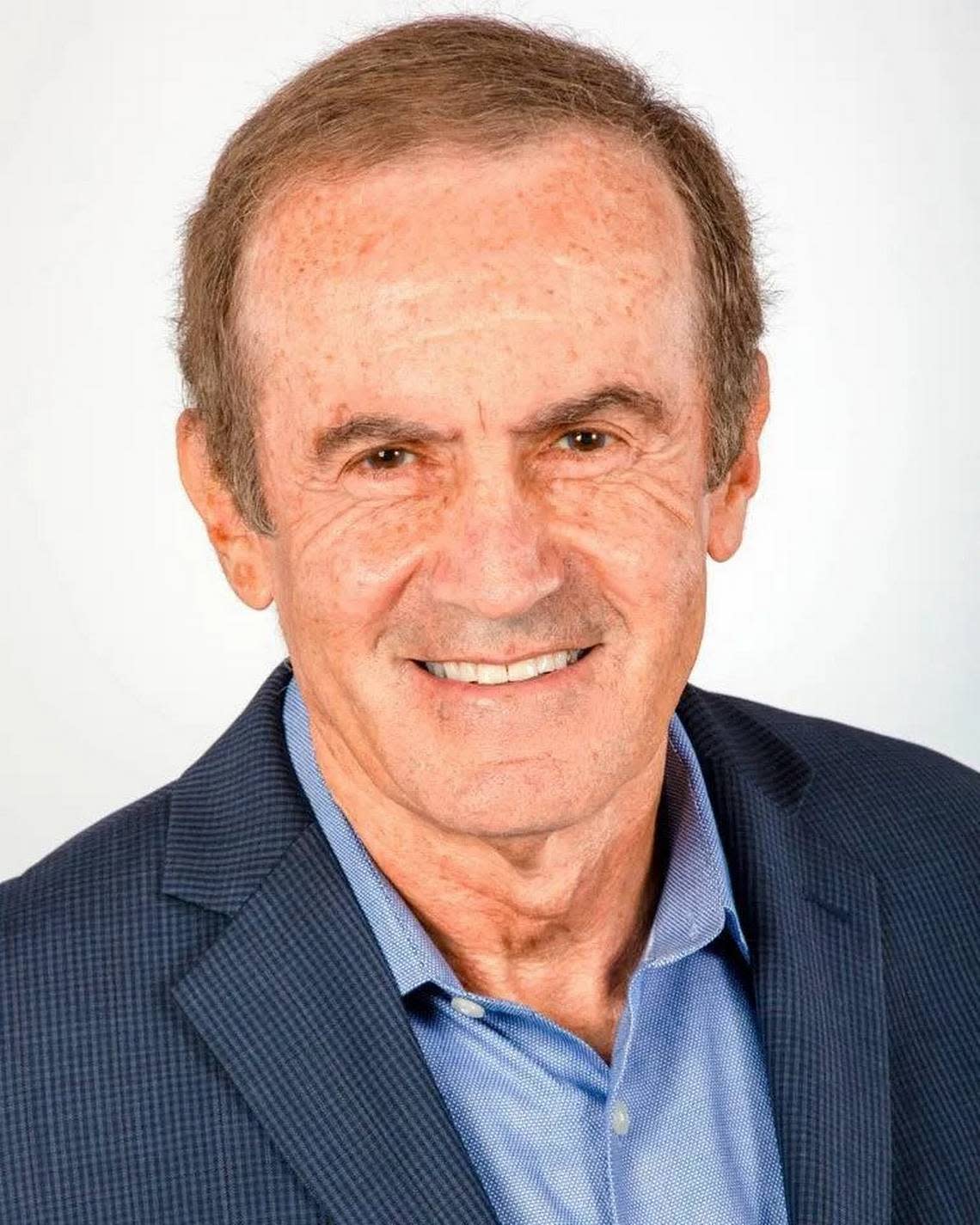Colombia’s new president becoming dangerously chummy with Venezuela, Cuba, Nicaragua | Opinion
Colombia’s President Gustavo Petro, a former leftist guerrilla who campaigned as a moderate, has not yet completed his first month in office. But his first steps on the foreign-policy and human-rights fronts already have been disappointing.
During his campaign, Petro had promised to re-establish diplomatic relations with Venezuela’s dictatorship for economic and humanitarian reasons. But he seems to be moving toward much warmer ties with Venezuelan dictator Nicolás Maduro than many had anticipated.
Since taking office Aug. 7, Petro not only has re-established diplomatic ties with the Maduro regime, but has officially asked for Venezuela’s admission, alongside Chile and Argentina, to the Community of Andean Nations (CAN) trade agreement. The group is made up of Colombia, Ecuador, Peru and Bolivia.
Petro’s proposal to welcome Venezuela into the CAN without conditioning it on an end of Maduro’s massive human-rights violations is a major setback for international efforts to press Venezuela to cease repression and allow fundamental freedoms.
Colombia’s new ambassador to Venezuela, Armando Benedetti — Petro’s former campaign manager — has held separate meetings with Maduro, Venezuelan defense minister Padrino Lopez and ruling party Vice President Diosdado Cabello in the Venezuelan capital and posted pictures of him smiling with them on his social-media accounts. Benedetti has not met with or reached out to Venezuelan opposition leader Juan Guaidó, opposition sources tell me.
Worse, Benedetti was quoted as saying in an interview with Bloomberg that Colombia’s former President Ivan Duque’s request for an International Criminal Court investigation into Maduro’s human-rights abuses had been “a mistake,” and that Colombia may withdraw its petition.
Such a step would have a concrete impact, because an International Criminal Court investigation was requested by several countries, and is already underway. But a Colombian withdrawal would be another major propaganda victory for the Maduro regime.
According to the United Nations’ High Commissioner for Human Rights Office, Maduro’s death squads are responsible for more than 6,800 extrajudicial killings just between January 2018 and May 2019. Political murders, torture and intimidation of political opponents in Venezuela continue today, human rights activists say.
Erika Guevara Rosas, regional director for the Americas of the Amnesty International human-rights group, told me that her organization and others are concerned about Colombia’s latest moves regarding Venezuela.
“It’s worrisome, because political relations should take into account human-rights considerations,” Guevara Rosas said. A potential Colombian withdrawal of its petition “would send a devastating political message to the victims” of Venezuela’s abuses and would amount to “a major setback,” she told me.
International human-rights groups are also concerned about Petro’s silence about the Nicaraguan and Cuban dictatorships’ abuses.
The new Colombian government failed to support a vote at the Organization of American States on Aug. 12 condemning the Nicaraguan regime’s attacks on Roman Catholic priests and other human-rights abuses. The condemnation passed with 27 votes in favor, four abstentions, one vote against, and two countries that were absent — Colombia and Nicaragua.
“Some of the first signals coming from the Petro government, such as its silence on Nicaragua at the OAS and the flirtation with the Venezuelan regime by Colombia’s new ambassador to Caracas, are worrisome,” Juan Pappier, a senior researcher with the Human Rights Watch advocacy group, told me.
“It’s one thing to reestablish diplomatic relations with Venezuela, and another very different thing to exchange kisses and hugs with [Maduro regime hard-liner] Diosdado Cabello,” said Pappier. ”The first thing is a necessary and adequate measure. The second is a gesture of complicity with a dictatorship.”
It may be too early to make a definitive judgment on Petro’s commitment to human rights. We will have a much better idea of his intentions later this month, when the U.N. Human Rights Council in Geneva holds a vote on Venezuela’s human-rights abuses.
If Petro changes Colombia’s vote of recent years that condemned Venezuela’s abuses — which, by the way, have been one of the reasons that moved about 2 million Venezuelans to flee to Colombia — it will be a clear sign that he lied during the campaign and will be in cahoots with Latin America’s worst human-rights abusers.
The world will be watching Colombia’s vote. So far, Petro’s first foreign policy steps have not been encouraging.
Don’t miss the “Oppenheimer Presenta” TV show on Sundays at 7 pm E.T. on CNN en Español. Twitter: @oppenheimera

